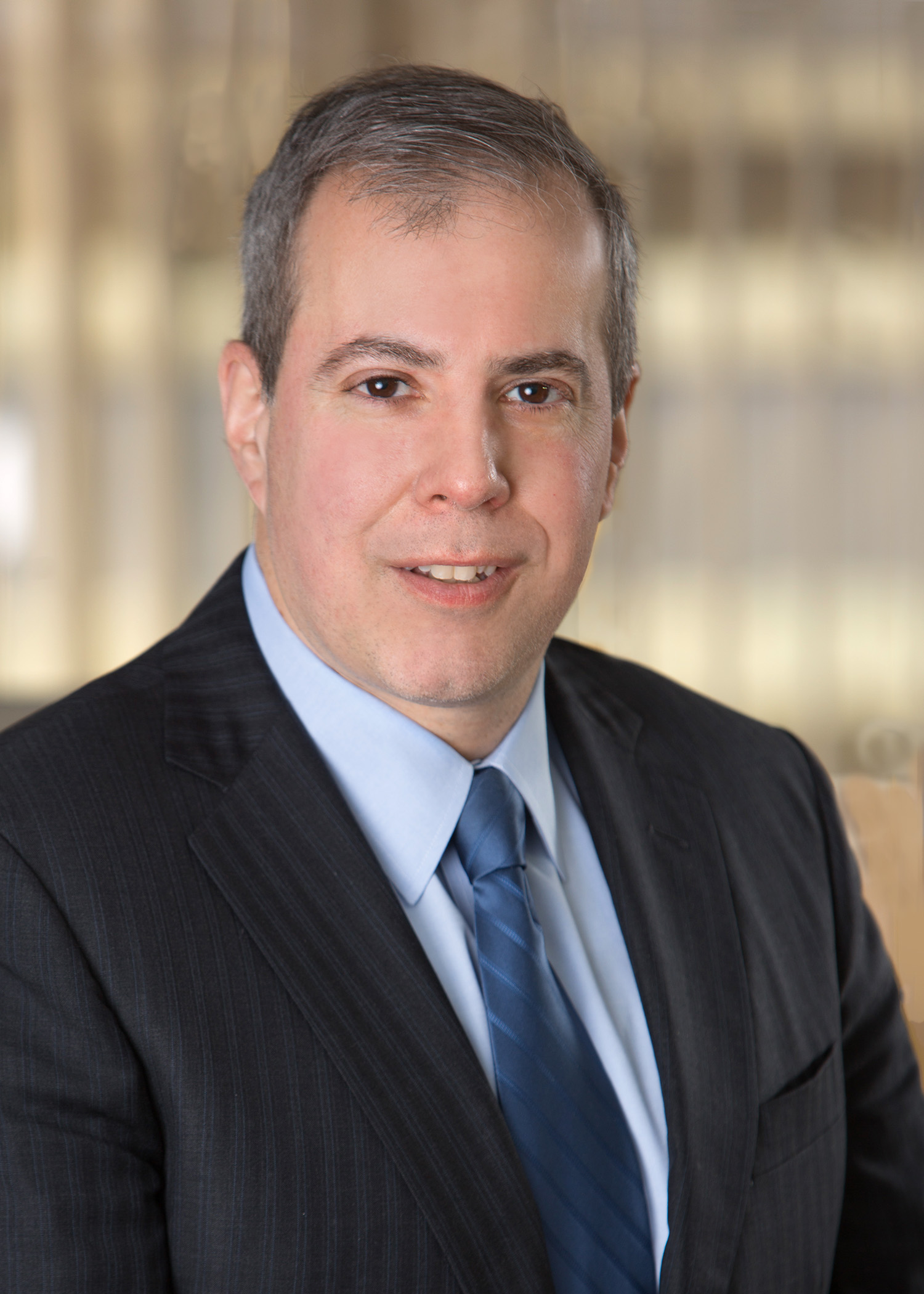Leading up to the inaugural REITworks: 2020 Virtual Conference, Nareit spoke with panelist Marc Siegel about environmental stewardship, social impact, and good governance in real estate. He will be speaking during the “Addressing Climate Change: Managing for Climate-Related Financial Disclosures” session at REITworks, which will take place virtually on Sept. 21-22. Attendees will have the opportunity to learn about the latest ESG issues impacting real estate, connect virtually with peers and industry experts, and earn continuing education credits.
Siegel was recently named to Assent’s list of the Top 100 Corporate Social Responsibility Influence Leaders. He is a partner in EY’s Financial Accounting Advisory Services and was recently appointed as a Board Member of the Sustainability Accounting Standards Board (SASB).

Q: What do you think are the most important ESG issues for real estate executives to be watching right now?
I’d first make the point that ESG issues really are business issues. These are issues that will absolutely have an effect on the long-term success of the REIT.
Health and safety come to mind for employees, customers and tenants. How and when can employees come safely back to the office? How do we facilitate a safe environment for customers and tenants? These questions seem to be accelerating the reimagination of space and how it’s used. This can obviously be a risk but also an opportunity to come back stronger and wiser.
Then there are social justice issues, which have been around for a long time but have come to the forefront more recently. REITs need to be thinking about diversity within all ranks of the organization and amongst customers and tenants.
Q: How do you view the role of accountants in a successful ESG program?
Some of the biggest challenges in ESG are related to setting goals, finding data, and reporting it. Accountants really should be working hand-in-hand with the sustainability experts at a REIT because the skillsets are so complimentary.
As reporting is becoming more important to both internal and external stakeholders, accountants are also often getting involved in some level of assurance or auditing over the ESG reporting.
Q: You were recently named to Assent’s list of the Top 100 Corporate Social Responsibility Influence Leaders. Can you tell me about your journey to becoming a leader in the ESG space? How have you seen ESG issues evolve over the last decade?
As a former analyst, I’ve always been passionate about corporate reporting and how companies communicate to their investors.
At EY, we put together a report with the Coalition for Inclusive Capitalism called the Embankment Project. It was great because it brought together companies and investors to try to define how communication should work about long-term value creation. ESG is a part of it, but there’s even more to it.
Just this year there’s been a ton of activity and initiatives coming out from the largest investors and CEOs in the world. There are likely new regulations coming on board for non-financial disclosures in Europe, and the SEC just mandated human capital disclosures be included in the 10-K for the first time. It’s really all starting to evolve to a place where there’s a more comprehensive corporate reporting system.
Q: As a panelist in the “Addressing Climate Change: Managing for Climate-Related Financial Disclosures” session at REITworks, can you share some of the current challenges related to climate-related financial disclosures for REITs?
It starts with figuring out the most significant climate risks for you—which for REITs might be different depending on their property portfolio in terms of asset type and geography—and then categorizing them. From there, you have to set goals to address those risks and gain buy-in from management throughout the REIT.
The next step is trying to find the data that will indicate whether you’re making progress towards meeting those goals and mitigating your identified risks.
Lastly, you have to be sure that the narrative you’re telling your investors in climate-related financial disclosures aligns with the story coming out of other communication channels. It’s important for stakeholders to get consistent messages whether they read the 10-K or the website or the ESG report.
Q: Do you have any advice for companies just getting started with their ESG programs?
You have to walk before you run. This process is—and really should be ongoing. Each year you can adapt and improve, but the important part is committing to getting started and making progress with dedicated time and effort.
Q: What are you looking forward to most at REITworks?
I always learn a ton from Nareit events, so that’s what comes to mind first and foremost. One of the things I like about the audience at REITworks is that it’s a mix of financial folks as well as others professionals, including lawyers and ESG experts. I think it’s really important and valuable to break down some of the barriers and build some cross-functional teams, so I’m looking forward to that too.